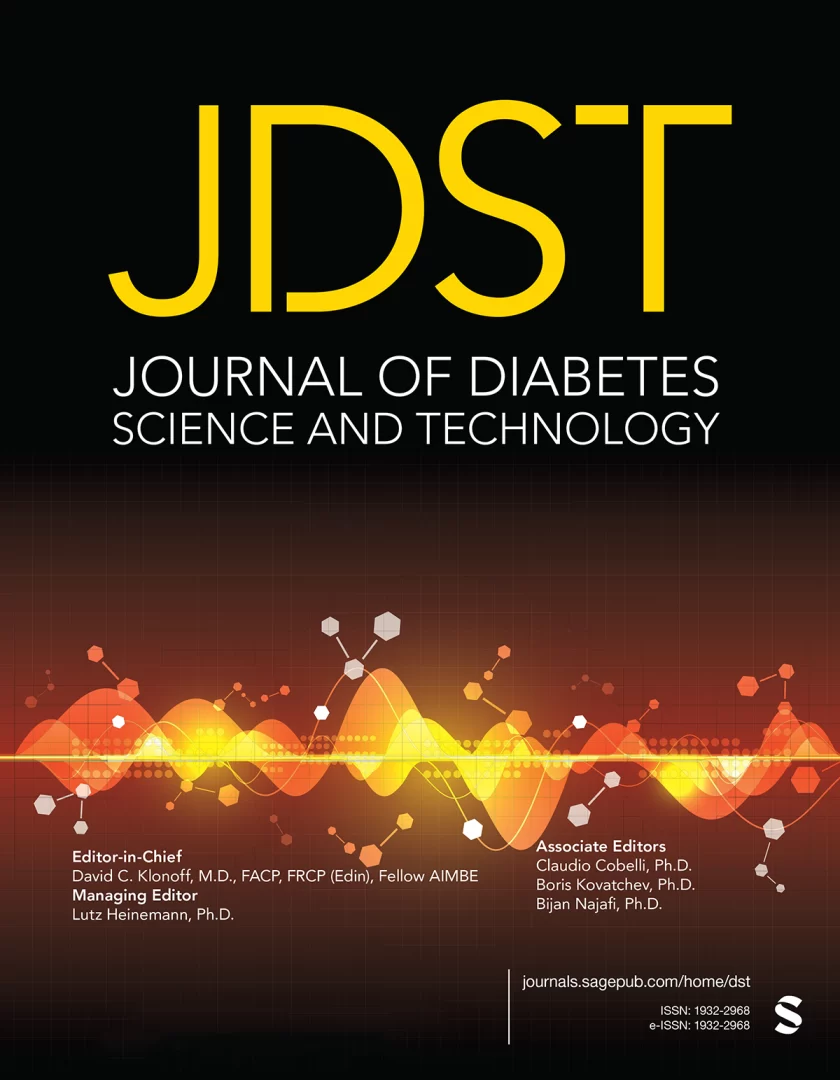Race and Ethnicity Impact on CA-125 Levels in Ovarian Cancer Diagnosis

Original Article: https://www.medscape.com/viewarticle/ca-125-shows-less-accuracy-black-and-american-indian-2025a10006rk
Introduction to CA-125 and Ovarian Cancer
Cancer Antigen 125 (CA-125) is a protein found in ovarian cancer cells and is used to help diagnose and monitor ovarian cancer. This biomarker is measured in blood tests and is particularly helpful for identifying ovarian cancer, especially since early symptoms can be subtle. However, there are concerns that the current CA-125 guidelines, which use a standard threshold of 35 U/mL for diagnosis, may not work equally well for all racial and ethnic groups. Studies show that Black and Native American women tend to have lower CA-125 levels, even when they have ovarian cancer, potentially delaying diagnosis and treatment.
Differences in CA-125 Levels by Race and Impact on Time to Treatment
A study of 250,749 patients with ovarian cancer found that Black patients were 23% less likely to have an elevated CA-125 level at diagnosis compared to White patients. American Indian patients also showed similar trends. These lower levels were consistent across different stages of ovarian cancer, meaning that the current threshold for CA-125 might miss cases of ovarian cancer in Black and American Indian women. As a result, these patients might not be referred to specialists as quickly, which could lead to a diagnosis at later stages when treatment options are less effective.
The study also found that having a lower CA-125 level was linked to a delay in starting chemotherapy. On average, patients with non-elevated CA-125 levels began chemotherapy 9 days later than those with elevated levels. This delay was even longer for Black and Hispanic patients compared to White patients. These delays in treatment could affect survival outcomes and may reflect disparities in how different racial and ethnic groups are diagnosed and treated for ovarian cancer.
Conclusion
The findings suggest that current CA-125 thresholds may not be suitable for all populations, particularly Black and American Indian women, potentially contributing to delayed ovarian cancer diagnoses and treatment. More research is needed to create more inclusive guidelines and ensure early diagnosis and treatment for all women, regardless of race or ethnicity.

